Of all the possible ways landlords can and do make mistakes, tenancy deposits top the list. Forgetfulness, lack of understanding, and even anger can all be to blame, opening the door to a host of problems.
Tenancy deposits are a fundamental part of the letting process, but there are many legal obligations - fines, poor tenant relationships, and problems regaining possession all waiting to trip landlords up.
With that in mind, we’ve created this essential guide to help you manage your tenancy deposits with confidence every time. We’ll explore:
- Rules for taking a deposit
- Deposit protection laws
- Fair and unfair deductions
- Handling and winning disputes
- Delegating your deposit duties
Getting tenancy deposits right is absolutely essential for setting your tenancy up for success and having the law on your side in case anything ever goes wrong, so let's start boosting your knowledge now.
RULES FOR TAKING A DEPOSIT
You should always take a deposit from your tenant to protect yourself in case of any damage during the tenancy, but there are strict laws governing how much you can take and how you handle it.
- The deposit belongs to your tenant and must be protected and returned at the end of the tenancy. This money is held in trust to ensure a fair and equitable process for both parties.
- If the annual rent for your property is less than £50,000, the maximum deposit you can take is five weeks' rent.
- For tenancies with an annual rent of £50,000 or more, the legal cap increases to six weeks' rent.
Asking for a deposit that exceeds the legal limit could result in you being reported to Trading Standards and receiving a Civil Penalty notice - even for first offences, a penalty of up to £5,000 can be imposed.
DEPOSIT PROTECTION LAWS
For almost every private residential tenancy, it’s a legal requirement to protect your tenant's deposit using a government-approved scheme within 30 days of receiving the money.
Depending on where you own a rental property in the UK, you have the following choice of tenancy deposit protection options:
- For properties in England or Wales, you can use the Deposit Protection Service (DPS), MyDeposits, and the Tenancy Deposit Scheme (TDS).
- In Scotland, you can choose from My Deposits Scotland, SafeDeposits Scotland, and Letting Protection Service Scotland.
- You can choose either the free custodial option, where you pay the deposit to your chosen scheme, or the insurance-backed option, where you retain the deposit but pay a fee to insure it.
- After protecting the deposit, and within the same 30-day timeframe, you must also share details of the scheme with your tenant, including how to get their money back at the end of the tenancy.
Not protecting a deposit carries a fine of up to three times the value of the deposit, and can also jeopardise getting your property back by invalidating any notice you serve - so don’t forget!
FAIR AND UNFAIR DEDUCTIONS
Most tenancies end perfectly smoothly without the need to hold back any of the security deposit. However, life and accidents do happen, so here’s what makes a claim fair and unfair.
- Valid deductions include: unpaid rent, cleaning costs, replacing missing items, or repairing damage that doesn’t constitute normal wear and tear.
- To justify a deduction, you must have clear evidence of the item’s condition at the start of the tenancy, together with estimates, invoices or receipts for the costs being claimed.
- You can’t charge for improvements. If, for example, you upgrade a carpet because of a burn mark, your claim must reflect factors like age, life expectancy, and like-for-like replacement cost.
Finally, whatever the amount of deduction you are claiming, you must return any undisputed amounts to your tenant within 10 days of the tenancy ending.
HANDLING AND WINNING DISPUTES
Winning a deposit dispute begins by handing your property over in the condition you want it back, and preparing a detailed inventory signed by your tenant and supported with photo and/or video evidence.
From our experience, this usually results in swift resolutions without argument. However, here’s what to do if you can’t reach an agreement.
- As your first port of call, use the free and impartial dispute resolution service provided by whichever tenancy deposit scheme you used.
- You start by submitting a formal proposal to the tenancy deposit scheme, stating the amount you wish to deduct and providing all your evidence.
- Your tenant will then be invited to submit their own evidence for an adjudicator to review. This typically takes somewhere between three and four weeks, and their decision is legally binding.
- In the rare instance that the security deposit doesn’t cover the extent of the damages, you can take matters further by applying to the small claims court.
The key to all of this is thorough preparation at the start of the tenancy, and being fair and accurate with your claim. Keep your head, and don’t be tempted to exaggerate, no matter how upset you might be.
DELEGATING YOUR DEPOSIT DUTIES
Managing tenancy deposits correctly requires time, attention to detail, and a thorough understanding of ever-evolving laws. This can be a significant burden, whether you own one or multiple properties.
So if you’re currently doing everything yourself, perhaps it’s time to lighten the load.
- As a managing agent, we can take on the full responsibility of handling your tenancy deposits, so everything is done on time and in the correct manner.
- We create detailed and watertight inventories, protect the deposit, and provide your tenant with the prescribed information of the chosen scheme.
- We also liaise directly with your tenant at the end of the tenancy to handle any deposit discussions, and we submit any necessary claims for an adjudicator’s attention.
By entrusting your deposits to our expert management team, you can free up your mind and time, knowing that your legal obligations are met at every stage and your investment is protected.
Don't leave deposits to chance
We’ve helped countless landlords in the Wilton and Salisbury area to get their tenancy deposits right: not just from the start, but also after they've made mistakes, giving them peace of mind and protecting their investment.
If you’re unsure about any aspect of tenancy deposits, or you’d like to free up your mind and time with expert management, call us on 01722 580059 or message us at info@piccoloproperty.co.uk for a no-strings chat.

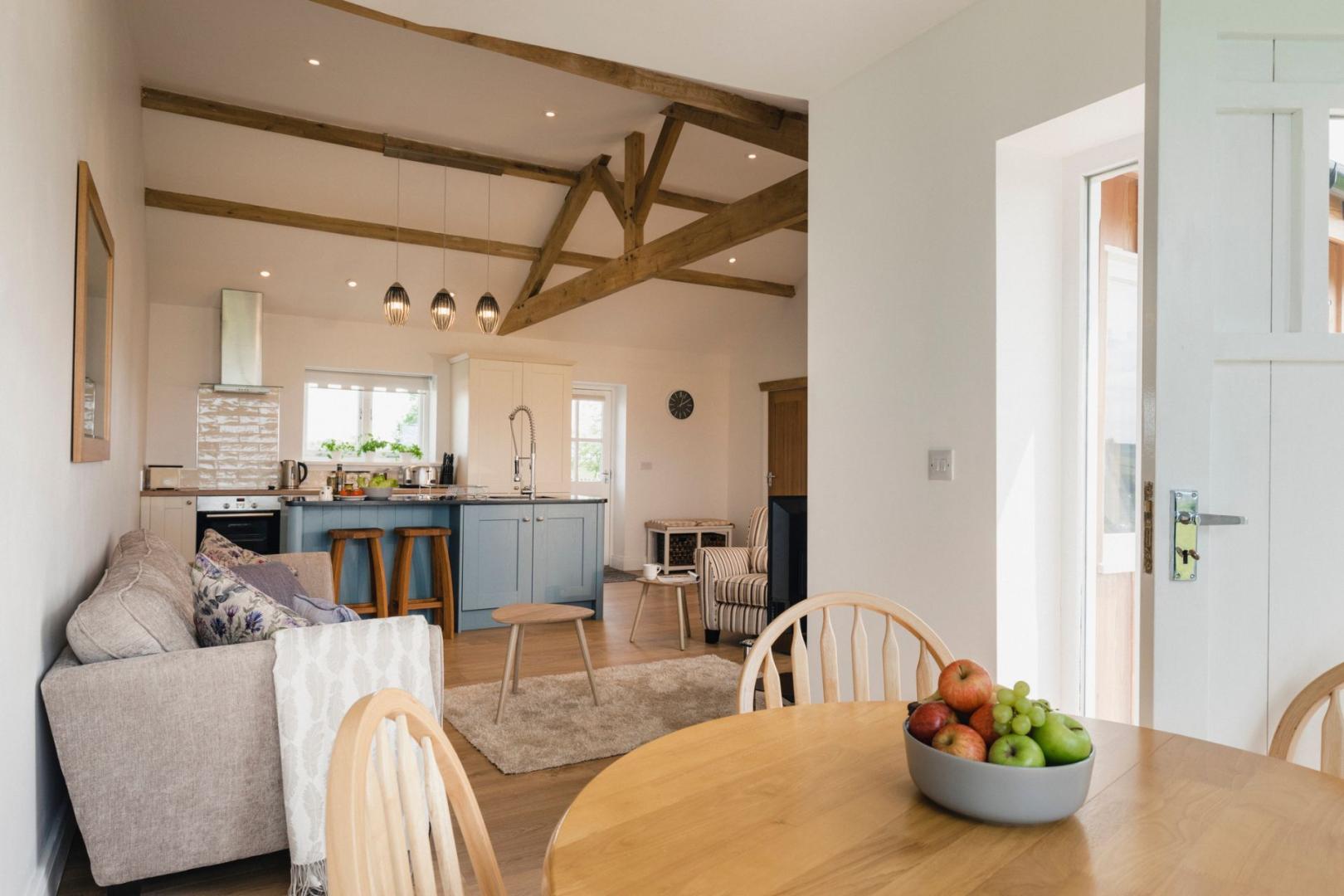
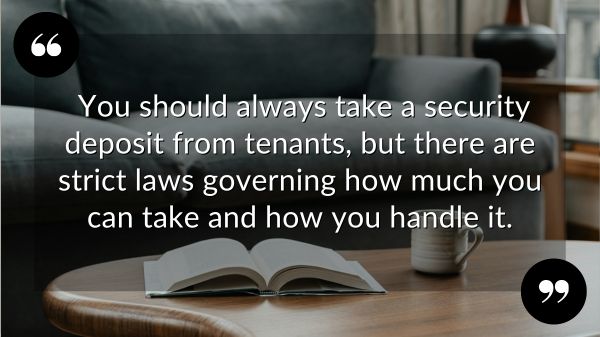
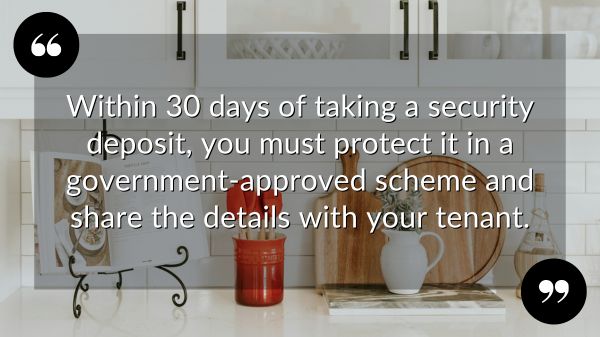
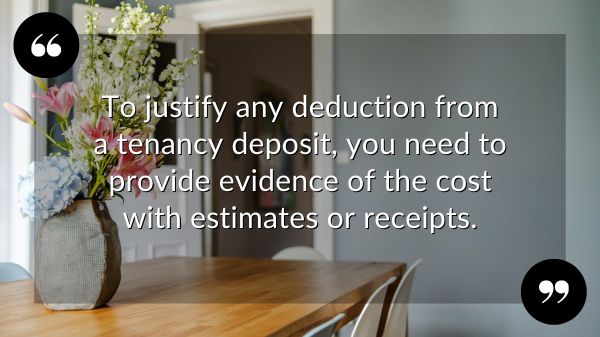
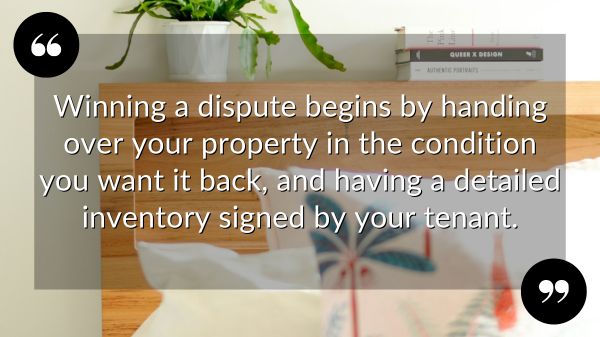





Share this with
Email
Facebook
Messenger
Twitter
Pinterest
LinkedIn
Copy this link